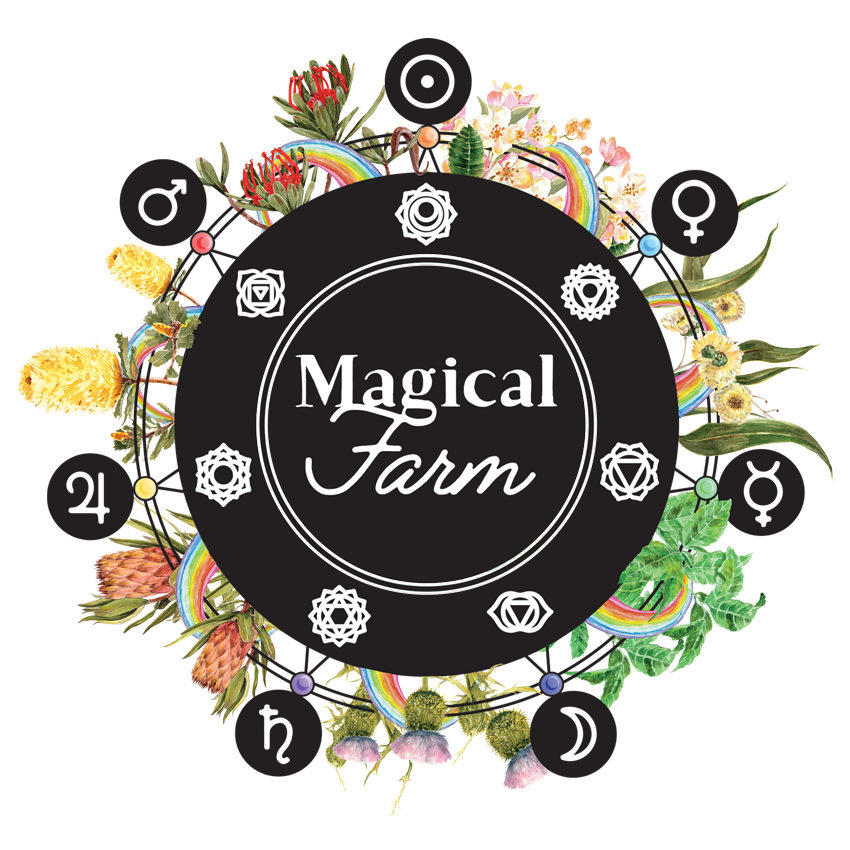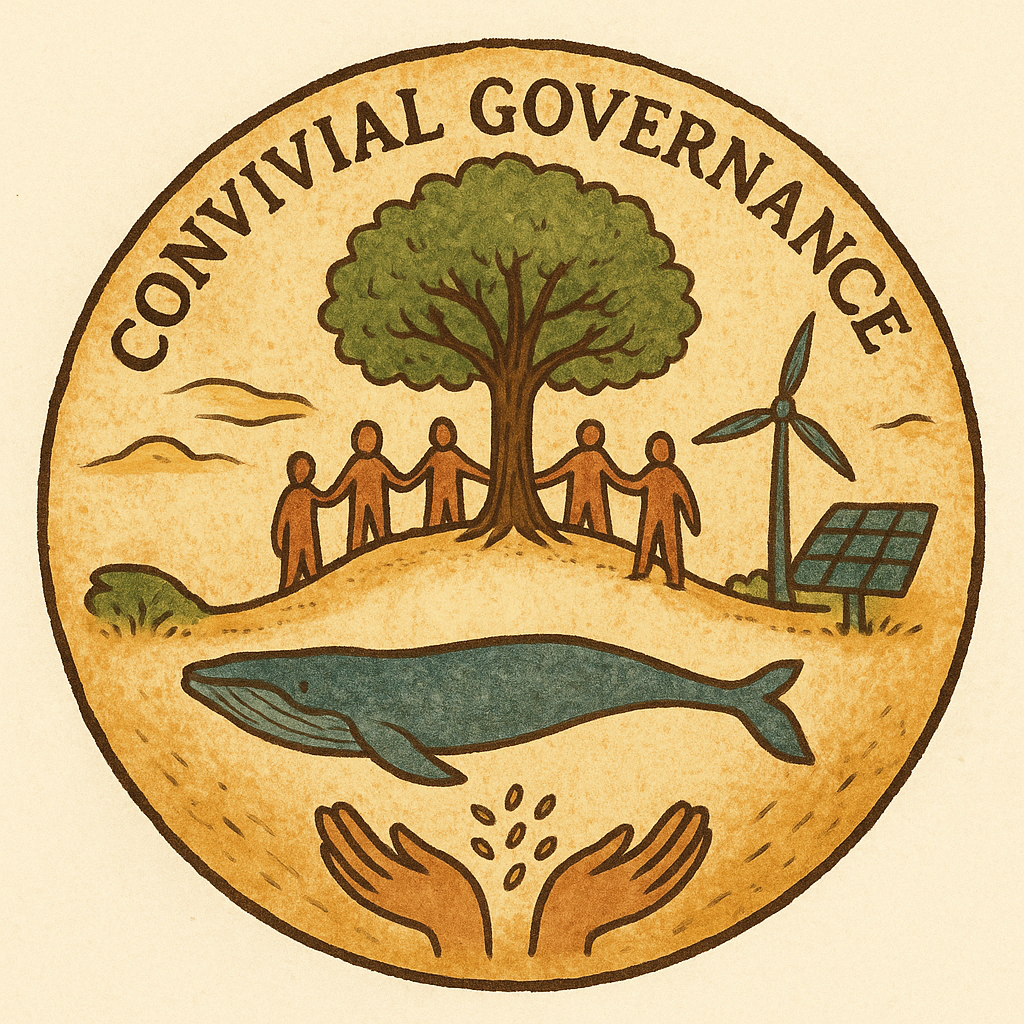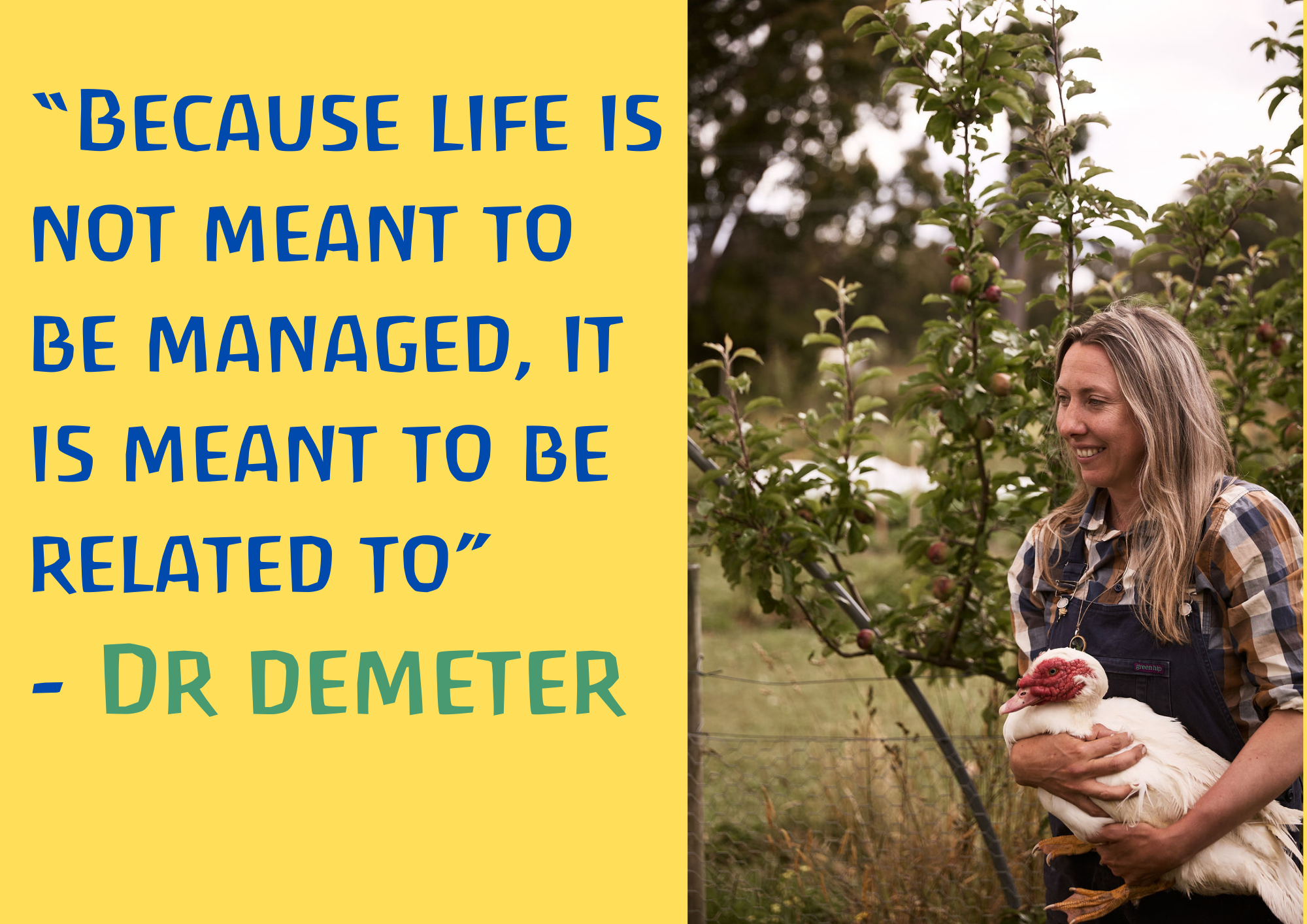The human world hums with tension. Meetings flare into argument, social feeds crowd into outrage, and kitchens, workplaces, and councils echo with competing voices that rarely feel heard. Con Viv, which simply means “with life,” treats this heat as living energy rather than waste. In living systems disturbance is not an error but information, so the real question becomes whether we can build vessels strong enough to hold that energy and transform it into insight, relationship, policy and practice.
Jung’s insight is helpful here. When two poles lock against each other, a “third” thing is missing. The “Third” is not a bland compromise but a new form that appears only when opposites are consciously held long enough to reveal a creative synthesis. Our public life often fails at this, since we either suppress conflict in the name of peace without truth, or inflame it in the name of truth without peace. If we want to move beyond that binary, we need containers that invite the Third to appear, which is a cultural and institutional task rather than a purely emotional one.
Anthroposophy offers a clear shape for healthy community life. It says culture thrives with freedom, our shared rules should treat people as equals, and our economy should be based on mutual support. When we mix these up, trust breaks down. When we keep them distinct and in balance, love becomes something you can build with. Roles are placed where they fit, relationships are cared for, and decisions follow a steady rhythm so care can move through a community reliably. Con Viv turns this into practice through head, heart, and hand: seeing clearly, meeting each other warmly, and making things together. We move through a simple cycle of notice, hold, transform, and act. The aim is not to remove conflict but to guide its heat into learning and useful patterns.
On the ground this looks ordinary and practical. Listening spaces give people a way to speak without fear so that heat turns into information that everyone can use. Rights containers make decision paths visible with transparent timelines, rotating facilitation, small trials that run for a set period, and a public review that invites revision rather than punishment. Mutual-aid prototyping redirects arguments into safe-to-try projects such as verge care, herb plots, walking routes, tool libraries, and shared maintenance days, so trust grows sideways through work done together. Creative activation turns disputes into raw material for theatre, music, murals, and story-gathering, since new forms often appear first in image or gesture before they can be legislated. Individual containment gives each person a way to hold strong feeling through journaling, contemplative movement, boundary practice, or a quiet walk, which is less about private self-help and more about civic hygiene that prevents projection from flooding the commons.
The virtue that names the tone of this work is Michaelic courage, a clear and warm quality of attention that meets the dragon without becoming one. In practice this looks like precision instead of blame, imagination instead of cynicism, and rhythm instead of rush. It is a kind of heart-thinking where understanding is shaped by interest in the other, which keeps the social field from hardening into camps and slogans. Conflict will not vanish, nor should it, since friction keeps systems alive. What changes is the destination of that energy. Within a living container the spark falls into a wider field and can ripen into a third thing, perhaps a pattern other places can reuse, a pilot that becomes policy, or a poem that restores language where it had collapsed.
This is the seed-vision here… Love becomes infrastructure that shapes decision making, convivial governance, and everyday interaction, while Con Viv offers a choreography for the passage from heat to practice. Jung gives us the organ of perception for the Third, and Anthroposophy gives us a social anatomy that keeps freedom, equality, and mutuality in honest relationship. Together they sketch a future life system that is robust enough to hold our heat and gentle enough to help us grow. Here, friction is fuel and the vessel that turns it into life is made, maintained, and renewed in common.



